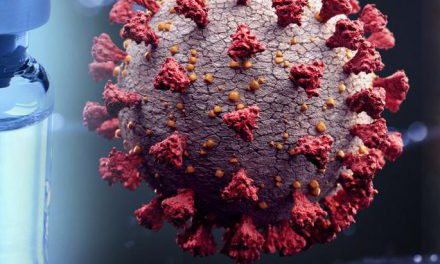Researchers have unveiled a groundbreaking development in the form of a new vaccine that holds the potential to significantly lower “bad” LDL cholesterol levels, marking a potential game-changer in cardiovascular disease prevention.
Published in the journal npj Vaccines, the study introduces an innovative vaccine designed to effectively reduce LDL cholesterol, addressing the underlying cause of dangerous plaque buildup within blood vessels, a significant contributor to cardiovascular diseases like heart disease and stroke.
High cholesterol poses a substantial risk globally, with cardiovascular diseases claiming nearly 18 million lives annually, as reported by the World Health Organization.
The vaccine, detailed in the study led by Bryce Chackerian, a Professor in the Department of Molecular Genetics and Microbiology at The University of New Mexico (UNM), exhibited LDL cholesterol reduction comparable to expensive PCSK9 inhibitors, a class of drugs used to combat high cholesterol.
Chackerian highlighted the need for a cost-effective and widely accessible alternative to expensive therapies, emphasizing the vaccine’s potential impact not only in affluent regions but also in areas with limited resources.
Unlike the PCSK9 inhibitors requiring frequent injections and considerable expenses, the new vaccine targets PCSK9, utilizing non-infectious virus particles as a platform. These virus particles, Chackerian explained, effectively elicit a robust immune response against the PCSK9 protein, integral in regulating cholesterol levels.
In animal trials spanning a decade involving mice and monkeys, the vaccine demonstrated promising results, exhibiting cholesterol reductions of up to 30%, significantly correlating with reduced heart disease risk.
While the vaccine manufacturing and subsequent human clinical trials require substantial funding and time, estimated to span a decade, Chackerian remains resolute in the pursuit of a safe, pure, and affordable vaccine. The vaccine’s simplicity and cost-effectiveness, potentially priced at a fraction of current therapies, hold promise for widespread accessibility.
Chackerian anticipates the vaccine’s potential cost to be as low as tens of dollars per dose, each remaining effective for nearly a year, envisioning a future where this innovation could significantly impact global healthcare within the next decade.











